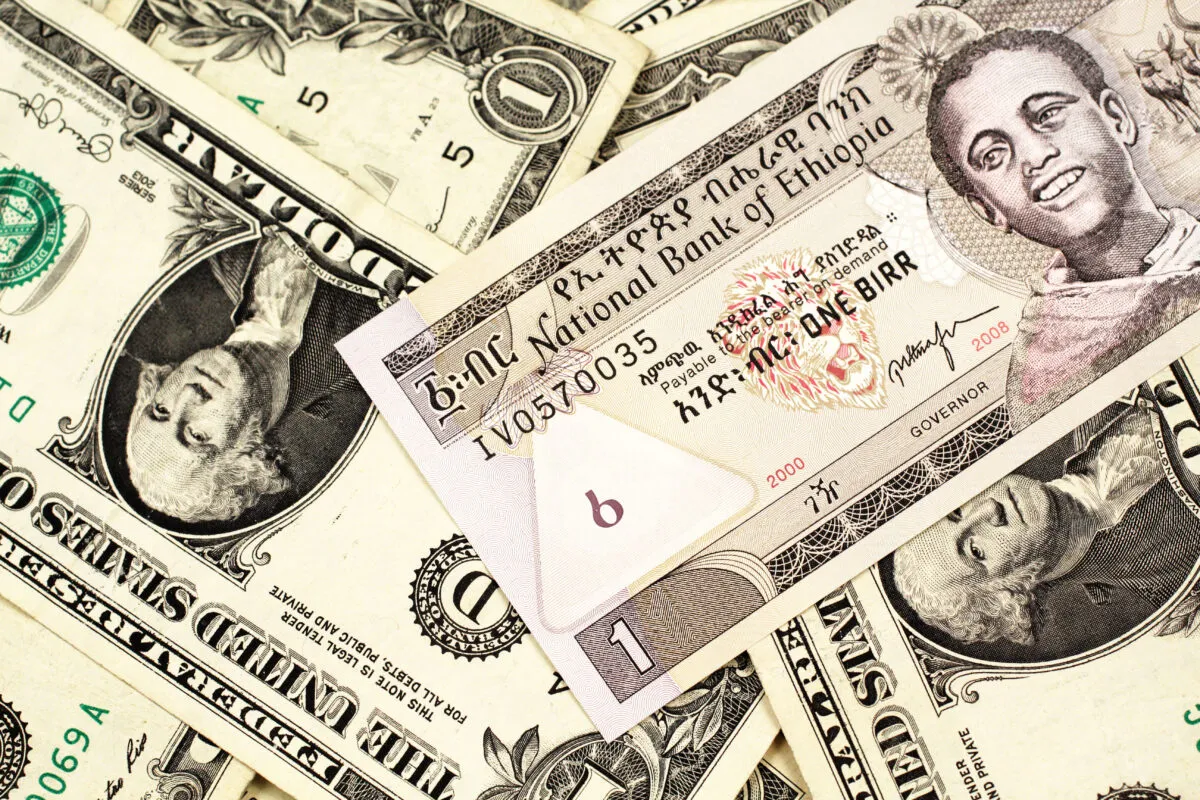The governor of the National Bank of Ethiopia, Mamo Mihretu, told the Ethiopian parliament yesterday that the country has secured over $1.5bn in temporary debt relief as Addis Ababa attempts to avoid defaulting on its liabilities.
Ethiopia first requested debt relief under the G20’s Common Framework over two years ago, with the East African country struggling to service its liabilities amid an increasingly challenging economic predicament.
With the US Federal Reserve and other major central banks moving to hike interest rates, and the Ethiopian birr sharply depreciating against the dollar, repaying Ethiopia’s external liabilities has become more expensive. A severe shortage of US dollars in Ethiopia and depleting foreign exchange reserves have also made it more difficult for the country to fulfil its repayment obligations.
Addis Ababa is estimated to owe $13.7bn to China, its largest single creditor, with smaller amounts owed to Paris Club members and international financial institutions.
Mihretu confirmed that China and France, the two countries which chair the creditor committee overseeing Ethiopia’s debt obligations, have agreed to suspend repayments temporarily. This easing of cash flow pressures will allow Ethiopia to replenish its foreign exchange reserves and therefore put Addis Ababa in a stronger position to pay off its debts once repayments start again next year.
Mirkarim Yakubov, finance strategist in Addis Ababa, tells African Business that “the Ethiopian government has been working on this and lobbying its creditors for months – the prime minister, Abiy Ahmed, even personally met with a Paris Club delegation to try and get this debt relief agreed… it is very positive news that the deal has now been concluded.”
He adds the debt relief will have immediate positive effects on the Ethiopian economy as “it will definitely save the government a lot of money and foreign exchange that it can then divert to critical functions and for importing important supplies and materials.”
Positive signal for Ethiopia
Furthermore, Yakubov is optimistic that this development will “send a positive signal to the outside world and should increase confidence in Ethiopia on international markets.”
He explains the fact that Ethiopia’s creditors have agreed to this restructuring suggests they are confident that Addis Ababa will be able to meet its liabilities once its programme of market liberalisation and broad financial reforms have begun to take stronger hold.
This vote of confidence in Ahmed’s economic policies is particularly significant given it comes shortly after the withdrawal of Ethio Lease, the only foreign financial services company operating in Ethiopia, which raised fears over whether the country’s attempts to attract foreign investors are working.
“There has been a huge amount of disruption in Ethiopian markets over the last few years – from the war, from the pandemic, and now these default concerns,” Yakubov says.
“But Ethiopia’s international creditors appear to be confident that, once Ethiopia has had a chance to catch its breath, it will be able to pay back its debts in full.”
Want to continue reading? Subscribe today.
You've read all your free articles for this month! Subscribe now to enjoy full access to our content.
Digital Monthly
£8.00 / month
Receive full unlimited access to our articles, opinions, podcasts and more.
Digital Yearly
£70.00 / year
Our best value offer - save £26 and gain access to all of our digital content for an entire year!

 Sign in with Google
Sign in with Google 



